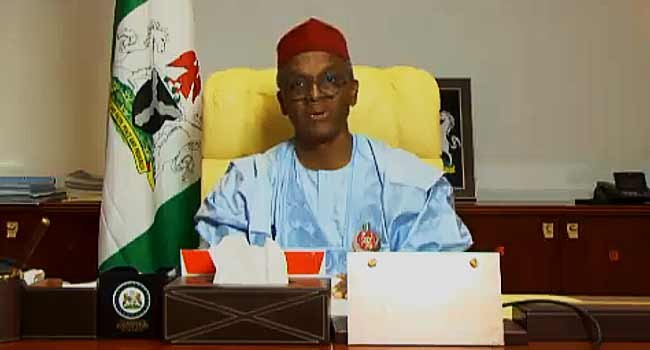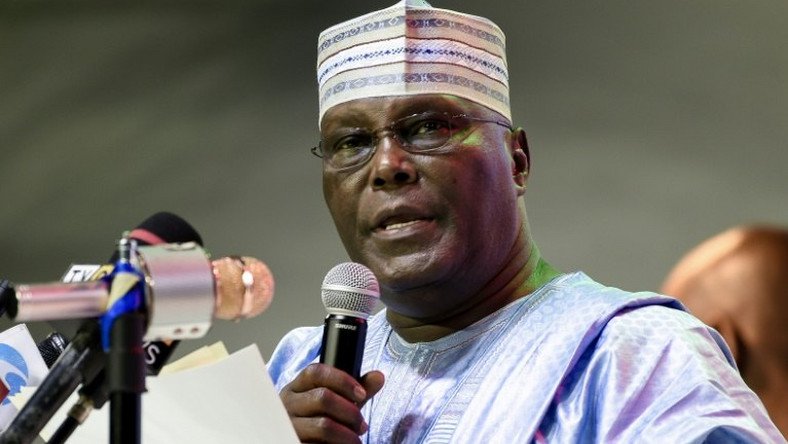The Governor of Kaduna state, Nasir El-Rufai, has stated that the north-west region can be compared to Afghanistan that is afflicted by crisis and the worst human development indices.
El-Rufai who spoke at the ‘human capital development communication strategy’ meeting, which was held in Abuja on Tuesday, noted that the region has the highest poverty rate, out-of-school children, and insecurity.
The national economic council (NEC) launched the human capital development (HCD) programme in March 2018 in order to tackle poverty, boost investments in the Nigerian people, as well as improve the human development indices of Nigeria.
El-Rufai noted that the condition of the north-west will worsen if investments are not devoted to education, healthcare, nutrition and skills, adding that the region’s population is both a blessing and a curse.
READ ALSO: Nigeria Is A Good Place To Invest”, MTN Tells US Investors
“I represent the north-west zone in the human capital development council, and as you know our part of the country is afflicted with the highest numbers of out of school children, some of the highest poverty rates and some of the highest dropout rates in our schools,
“As if that is not enough, many of our schools are now closed because of the insecurity in our boarding schools. Most of the schools in the north-west have been closed while security operations are taking place, making our education situation the worst.
“Our health statistics are no better. When you disaggregate the national data into zones and regions it’s clear that most of southern Nigeria have statistics that are leading income in the country while most of the north-west have human development indices that are closer to those of Afghanistan. Our region is in crisis.
“We have the largest population of any geopolitical zone in the country. That is both a blessing and a curse; a blessing if we keep the population healthy and educate the children and give them skills for the future. A curse if they are not educated, they are not healthy and they feel hopeless. This is what we are seeing with our insecurity.”













